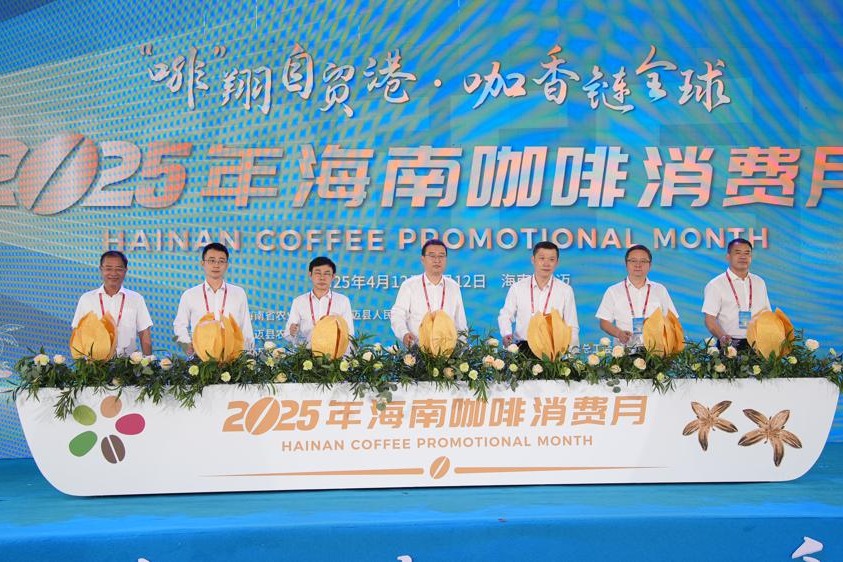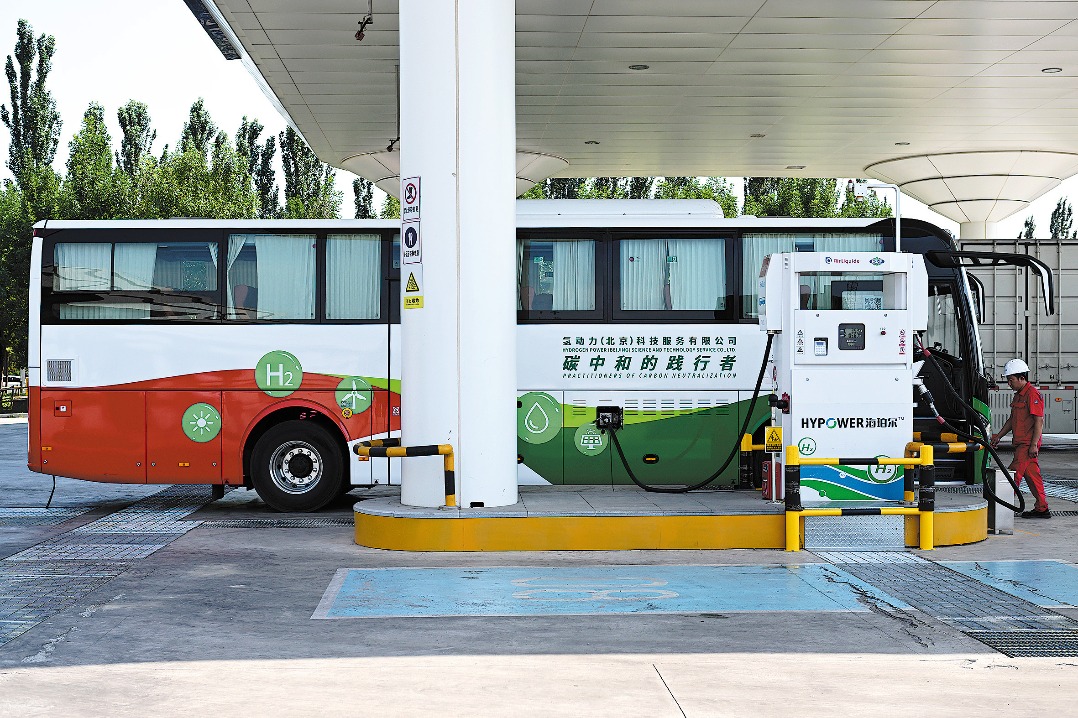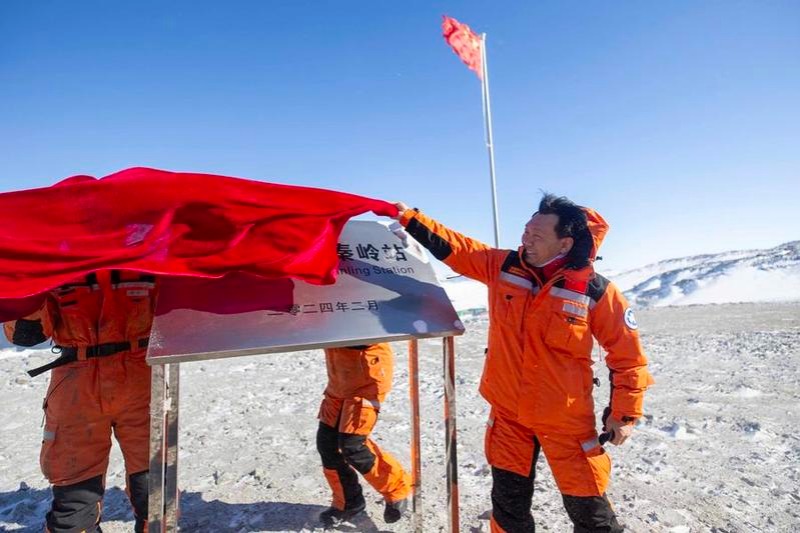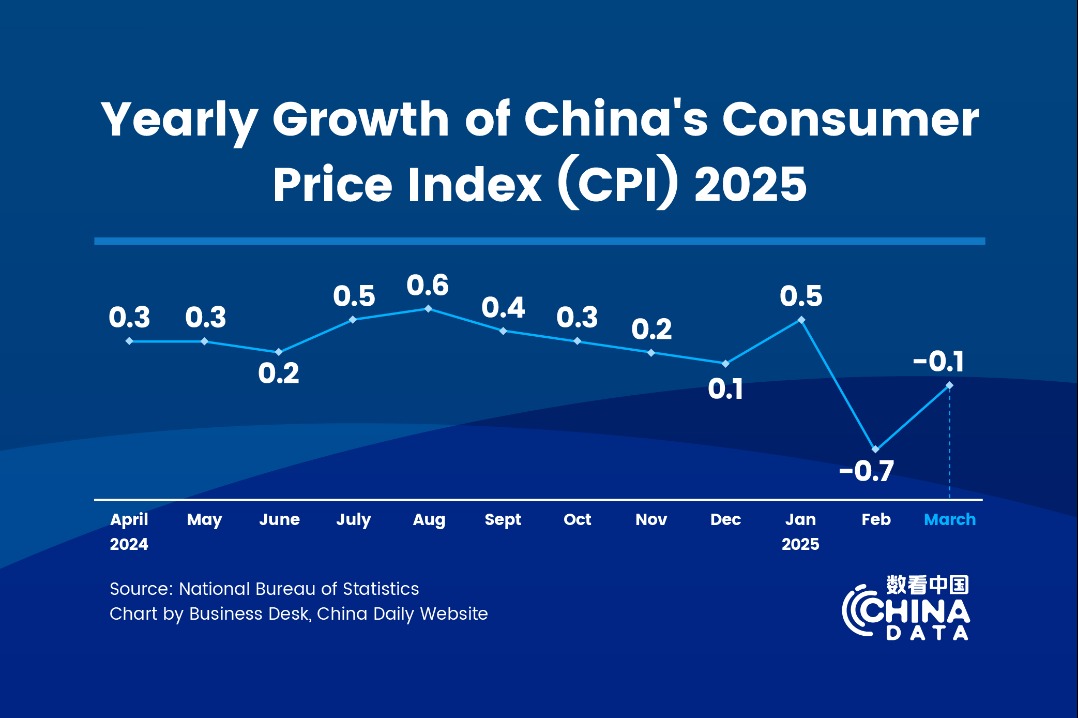Digital Silk Road strengthening commerce ties

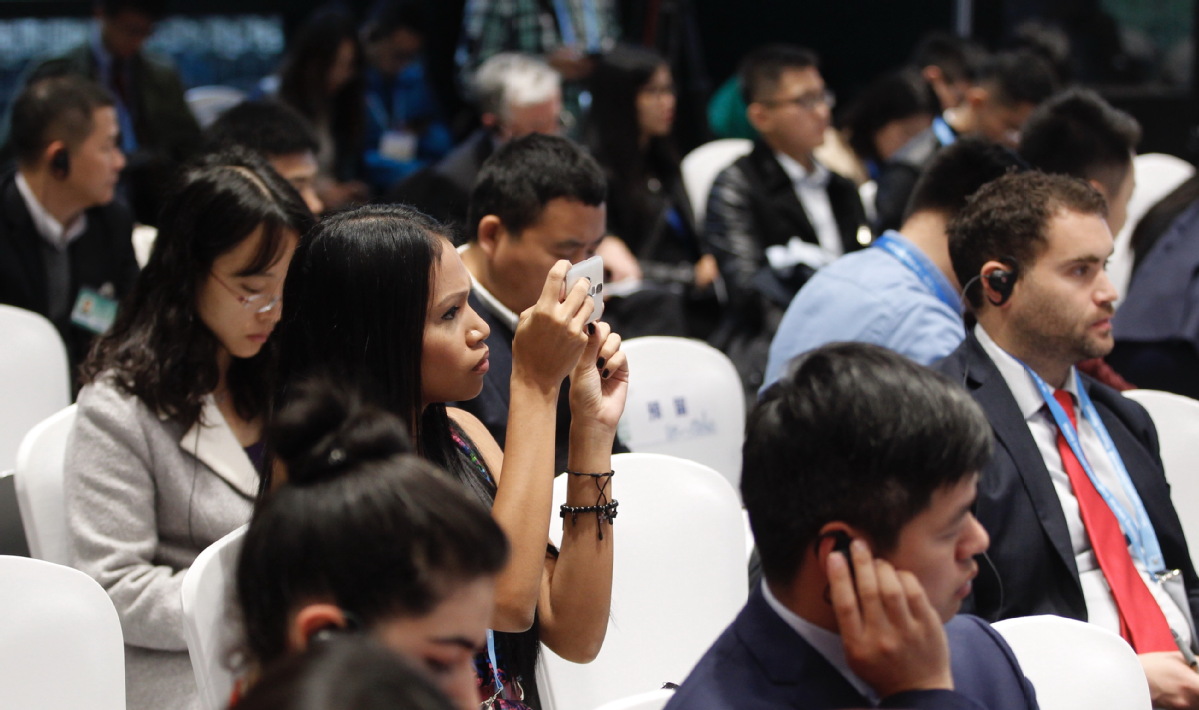
Omar Bin Sultan Al Olama, the United Arab Emirates' minister of state for artificial intelligence, said the initiative to deepen cooperation in the digital economy will bring new growth potential and create a community of shared interests. He said he expected more companies from China and other countries to partner with the United Arab Emirates in the ICT sector.
Sun Pishu, chairman and CEO of Inspur Group Co Ltd, a major server maker and big data company, said the Belt and Road Initiative is not only about connecting ports, railways and highways but freeing up the flow of information and data, to enhance digital links among the involved economies.
"China is one of the most sophisticated IT markets and the largest data producer in the world," Sun said. "Our four decades of experience in building information infrastructure is of great value to other developing countries and regions."
Besides government development strategies, cultural exchanges and people-to-people bonds are also of great significance in driving the Digital Silk Road.
Zhang Lijun, chairman of China Arab TV, a Chinese and Arabic bilingual television channel based in Dubai, underlined the important role that people-to-people bonds are playing in building the Digital Silk Road, since mutual understanding and trust among countries along the Belt and Road routes are the foundation of the project.
China Arab TV is a key platform for international communication and media positions in the Middle East, strengthening information sharing and cultural exchanges between both parties, and also providing an important window for Chinese enterprises for international communication, in order to generate more economic and trade needs, Zhang said.
People from Europe, the United States and the Middle East are not as heavily addicted mobile phone consumers as are most Chinese, and still get more information and entertainment from TV programs, which remains the mainstream direction in the field of video development in foreign countries, he said.
"It fits well with foreign video consumption trends for us to go overseas and accelerate cultural exchanges, and economic and trade cooperation between China and Arab countries," Zhang said. "We will continue to use big data, cloud computing, artificial intelligence and other internet technologies to better understand our audience's needs and provide more programs that will bring a closer relationship between the people in China and Arab countries." Entrepreneurs at the forum stressed that cross-border e-commerce also plays an important role in promoting international cooperation.
Ding Lei, CEO of internet firm NetEase, which owns cross-border e-commerce platform Kaola, said that cross-border e-commerce has provided global enterprises with great opportunities to change the original market pattern, which not only makes it easier for global consumer goods to enter China but also benefits Chinese customers.
"This cooperation model will lead to a win-win result," said Ding. "Small and medium-sized enterprises in countries along the Belt and Road routes will have broader sales channels with the help of Chinese e-commerce platforms, and we will find qualified local entrepreneurs and reliable partners in this process."
Cross-border online business lowers the barriers to entry in international commerce. The structure of global markets and commerce models tend toward fragmentation, which is more suitable for small companies.
Shifting resources and energy from large corporations towards the smaller will thus benefit more people in those less-developed countries, Ding said.
















